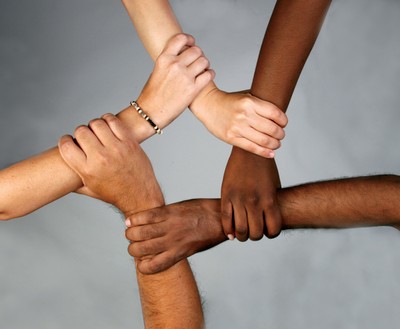Conference, Marriage and Religious Pluralism, University of Leuven 8 March 2013

The Onclin Congress: Marriage and religious pluralism (Academic Session – Mgr. Willy Onclin 2013) took place 8 March 2013 at Katholieke Universiteit Leuven, Belgium.
“The global world witnesses a huge variety of ways in which individuals and couples join to share their lives partially or totally. Marriage and family are terms and concepts, which correspond to a vast spectrum of possibilities, and yet they are far from encompassing the whole picture of modes of living together. If such a dense and dynamic plurality is sometimes peacefully digested, it often happens that the proximity of diversity, and the contrast of opposed claims bring conflict. The plural picture of marriages and families is thus experienced through an adversarial relationship to the other. Depending on where one stands, the other is construed as the bearer of what we reject in our vision of how people join to live together. Confronted with the contemporary plurality of forms of living together, religions emerge in a threefold capacity: a) they represent a strong, polyphonic voice in the public debate, b) they are powerful actors in politics and society and c) they experience conflict and change in their own internal dynamics. Projected in the public arena, and assessed through legal developments, the contribution of religion to a global society at odds with matrimonial and family diversity is challenged: can such diversity be understood and transformed into a richness, thus moving from the mere fact of a plurality of forms of living together into a project of matrimonial pluralism? Or is religion condemned to just oppose the plurality in principle, while adjusting to it in a schizophrenic reality?
“The 2013 Onclin conference examined the question through a four-fold analysis: Norman Doe and Mathias Rohe will provide a focus on developments in Christianity and Islam. Marie-Claire Foblets presented the perspective of legal anthropology. Sophie van Bijsterveld will offer a reflection on the articulation between religious laws and the law of the land.”
For more information, please consult the websites below.